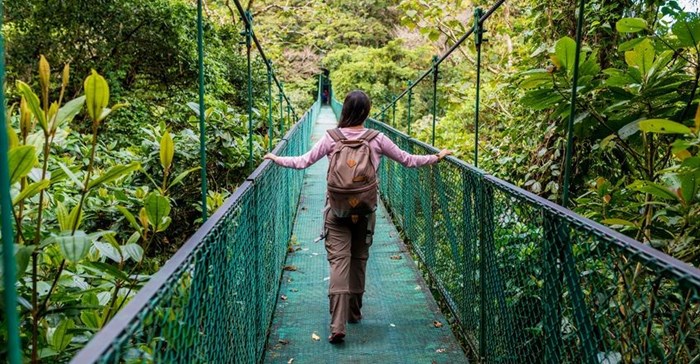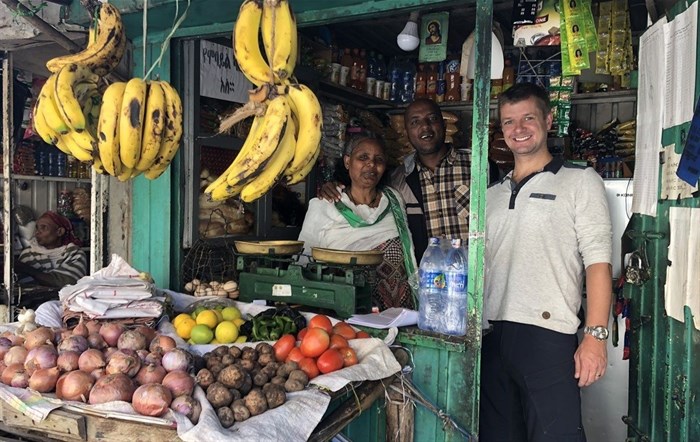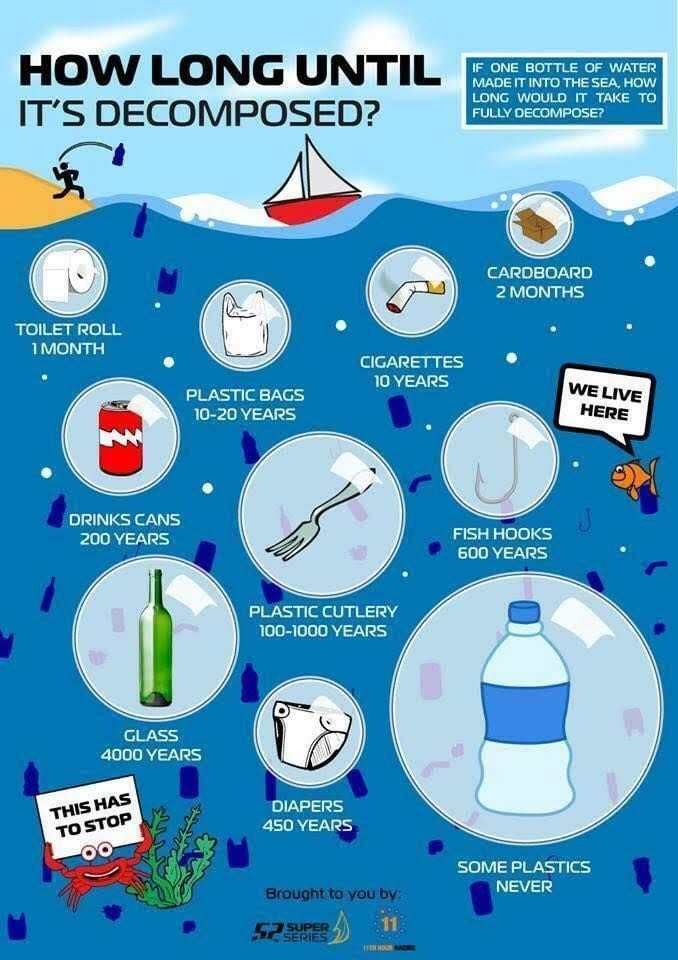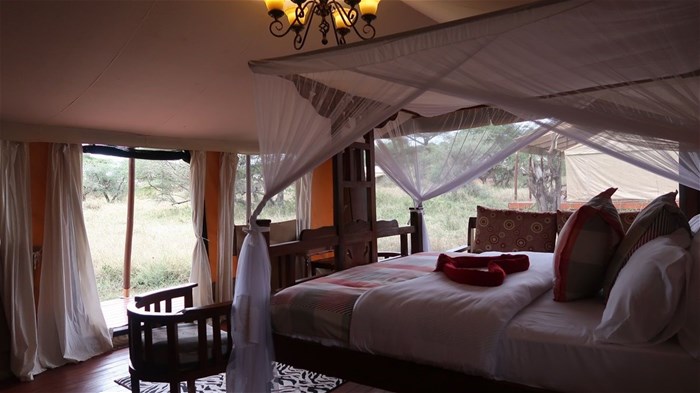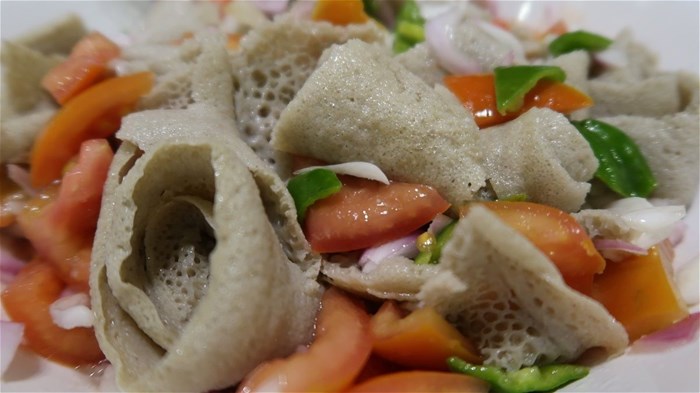What can we do to travel more sustainably and help protect the environment and the local communities?
Here, I have made a list of my top five tips for travelling more sustainably that are relatively easy to do for everyone while travelling in Africa, or any other destination.
Love local
Local shops
In most African countries, there is a huge gap between the rich and the poor. So one of the best ways to make a positive impact to those who really needs it, is to be mindful about where and how you spend your money.
Make sure it is with the local vendors and local restaurants rather than at big chains, known brands, or the big malls and supermarkets. This will ensure the money you spend really goes to locals in the communities you visit to make a more positive difference in their lives. But not only that, make sure you buy from different places as well to spread out your money more and help more than just one shop.
Locally produced
Buying from local shops is one thing, making sure that what you buy are from the country or region you are visiting is another, and maybe even more of an important aspect. When you eat at restaurants, make sure to order food that was grown locally, same goes when buying from shops and supermarkets; buy the groceries from that country or region.
Travelling like a local, trying the local foods and specialties, visiting the local shops and generally just being out there meeting the locals will give you a richer and more authentic experience as well.
You will learn so much more about the country and the people you are visiting than you could otherwise have asked for. Besides, if you are there for a few days or weeks only, why would you eat the same Norwegian Salmon, or Japanese Sushi (Or whatever your staple food is at home) that you always eat at home.
Hate plastic
Did you know that "A million plastic bottles are bought around the world every minute and the number will jump another 20% by 2021"? That’s a lot!
Plastic water bottles being a major part of those - all you need to do is bring your own bottle and refill instead of buying a new plastic bottle every time you need water.
The biggest problem about plastic is that it takes a long time to decompose and some plastics don’t at all. A lot of countries have begun banning the use of some single-use plastics because it can be damaging to nature, especially towards the sea.
When you hear stories that there are currently an estimated 150 million tonnes of plastic in the oceans, and that if we continue without changing anything, we will have more plastic in the oceans than fish by 2050 (By weight), then you start to think…
On the brighter side, we have recently seen huge projects being started such as the Ocean Cleanup Project with the ambition to clean up our oceans. But even then, it seems unlikely that we will ever have clean oceans again free of plastics. So the question is, what can you do to avoid plastics when travelling?
• Don’t use plastic water bottles (Bring your own bottle and refill)
• Don’t use single-use cutlery, plates or glasses (Ask your tour operator to bring proper cutlery and plates for your lunch or ask them to get plastic free lunch boxes - or you could bring your own)
• Don’t use plastic straws (Ask the waiter not to give you a straw with your drink)
• Don’t use soaps and shampoos from those small plastic containers at the hotel (Bring your own)
• Avoid plastic bags at the supermarkets (Bring your own or reuse previous bags)
• Avoid single-use coffee cups (Bring your own thermo cup)
• Don’t use a plastic toothbrush (There are good alternatives such as bamboo)
So the conclusion? Avoid the use of plastics - especially single-use plastic! And remember, the more you ask for it on your trips, the more awareness you help create about this at the places you visit; the properties you stay at and the tour operators you travel with.
Get a little dirty
Every time your room gets cleaned it means changing and washing your towels and linens, using water and cleaning materials, replacing soaps and shampoos even if not yet empty.
Some hotels offer that you can help the environment by not having your towel washed every day; that they will only wash it if you leave it on the floor. In our experience though, more often than not, what really happens is that they end up changing and washing it anyway.
Often, because staff may not have been properly trained or the hotel is mostly doing it to "look good" but don’t really make it a priority to make sure it is being implemented.
One of the best ways to help the environment is to ask for your room not to be cleaned all together. Besides, let’s be honest, it’s not like we change our towels or bed linens every day at home, right? So why do we need it when on holiday? Why not skip it? At least for some of the days you are staying there!
Have a meat break
Meat alone is responsible for a huge part of the total greenhouse gases in the world, there are numbers ranging from 6% to 32% of the world's total CO2 emissions depending on how much of the indirect emissions you count.
If you can reduce or completely skip eating meat while travelling, it will make a huge impact; but why does meat pollute so much?
Well, there are different reasons; for one, animals take up a lot of space that could otherwise have been used to grow plant-based food for humans. Plus, growing food for animals takes up much more space than the animals themselves.
In Denmark where I am from, 80% of the crops we grow from agriculture is food for our animals. Another reason is the amount of water required during the lifetime of an animal until you buy meat at the supermarket.
Instead of putting so many resources into the "production" of meat, we should just eat the raw materials directly instead. Think about it, you hear stories that we might not have enough food for everyone on earth, but if we stopped eating so much meat there would actually be plenty of space to grow more food for us humans.
Reducing or totally stopping to eat meat is an easy and effective way to reduce your negative impact on the environment while you are on vacation. And for those meat lovers out there who can’t give it up completely, you don’t have to go completely vegetarian, but consider to make at least a few days of your vacation meatless, it will make a difference!
Donate wisely
When talking about developing countries, this may be one of the most important things you can do, or rather not do, to be a more sustainable traveller.
Don’t give money to street beggars or street children. I know it’s not an easy one to say no to a street kid approaching you asking for money when all you want is to help that kid off the streets, but if you give them money, the only thing it will contribute to is that it will encourage them to stay on the street to beg for more money; quite simply because it’s actually worth it for them - they can make a living from begging on the street.
A much better approach to helping them is to support a local help organisation that actually works on more sustainable solutions for those living on the street and that are trying to change their lives completely. My favourite cause is education as I believe that is the best long-term solution.
There are a lot of things we can do to be more sustainable while we travel, but we have to start somewhere and this makes a good list to start with.
Simple doesn't mean it's easy though, you will experience many places where it may not be possible to get locally grown food or the hotel doesn’t offer to clean your room, or your tour operator doesn't have eco-friendly lunch boxes.
The most important recommendation I want to share, apart from these five actions, is to always give your feedback in every place you visit and the companies you travel with. Tell them what they could improve on.
Make sure to add your reviews on TripAdvisor or similar platforms as well highlighting the same things; this is sure to get their attention.
If enough people keep asking about it, we can together push for a change in the right direction and over time more and more will try to adapt to more sustainable practices.
But, remember, to not only give negative feedback; also tell them when you are happy about their sustainable practices, so that they know you care about it and that it makes a difference for their business as well.








